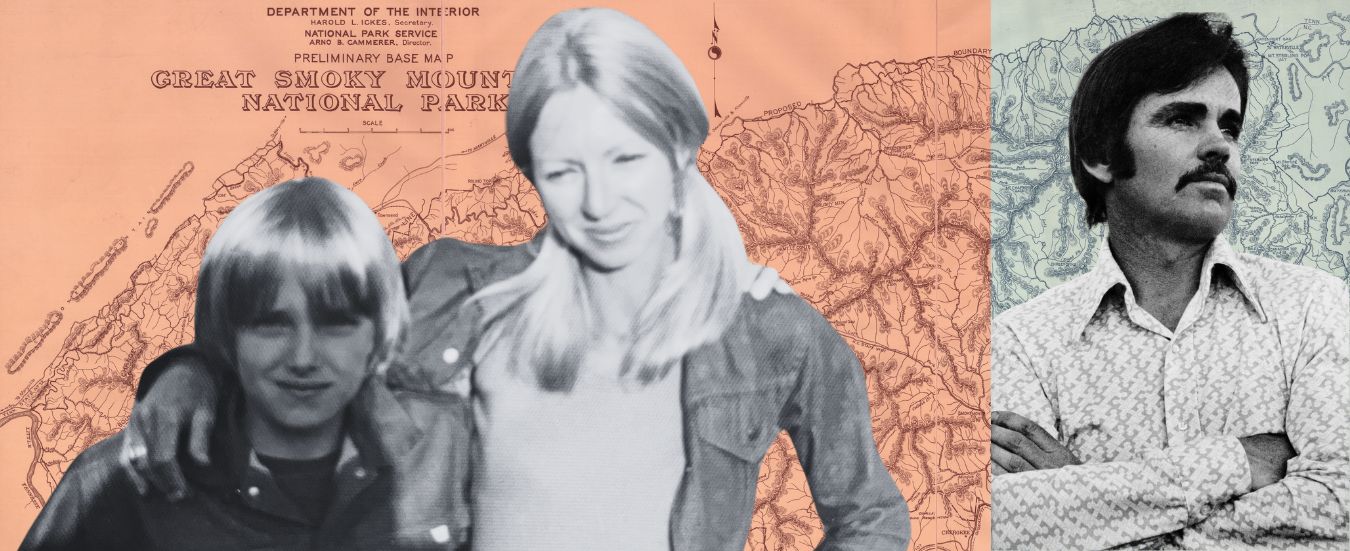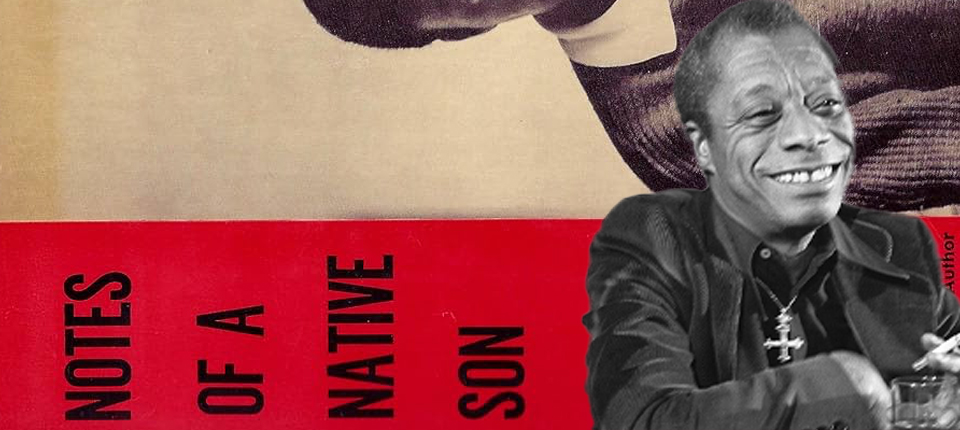The journalist David Rowell argues that when it comes to music, “bottomless nostalgia” has left swathes of us addicted to the old and unimpressed with the new. The “un-nuanced ’80s” is one of the main culprits: the relentless repetition of hits on MTV and radio, as well as a slower-paced, more committed homogenous consumption of culture, convinced a generation that popular music reached its zenith in the twentieth century.
This faith threatens the current musical landscape, where “new music is in search of permanence”. Not even the latest offerings from time-honoured legends are immune. After a conversation with a long-time Rolling Stones fan disappointed by their most recent album, Hackney Diamonds, Rowell proposes that new work by old bands can be “impossible to hear … outside of the lens of nostalgia”. Listeners look for the old sound in the new work, suggesting the latter might “exist to take us backward”.
Intriguing insights of this kind are, unfortunately, rare. Describing the impetus of his exploration, the author says: “I’m basing it on how those songs follow me wherever I go”. A two-page disclaimer explains that the book is not a theory-citing, data-driven investigation, and it suffers in places for lack of deeper context. Rowell weaves together cultural analysis and personal narrative, but many of the more salient observations come from his interviewees, who include a Rock & Roll Hall of Fame musicologist and the American rock band Heart’s guitarist, Nancy Wilson, for whom the loss of the sense of ritual that accompanied physically buying albums has given way to apathy about new music.
The book concludes with a section on holograms, positing that the technology – most infamously used to create an apparition of the American rapper Tupac in 2013 – is one of the most significant advancements concerning the future of music. Rowell sees its increasing usage as a sign of the development of our dysfunctional bond with contemporary music. By the end of the chapter he concedes that his line of inquiry once again reveals more about our relationship with old music instead.
Astonishingly, AI – arguably a richer depth to plumb regarding music’s possible future – receives only two sentences. Ultimately, Endless Refrain is too preoccupied with music’s past to be at the forefront of discussions on the state of music consumption currently. It quotes a Guardian review of ABBA Voyage that calls the Swedish pop group’s virtual residency a “retrofuturistic extravaganza”, but this also describes his investigation. If the new Stones album is impossible to hear outside “the lens of nostalgia”, it feels like this book was impossible to write outside it.
The post The ‘un-nuanced ’80s’ appeared first on TLS.

 By Times Literary Supplement | Created at 2024-11-20 16:49:33 | Updated at 2024-11-21 18:26:33
1 day ago
By Times Literary Supplement | Created at 2024-11-20 16:49:33 | Updated at 2024-11-21 18:26:33
1 day ago








